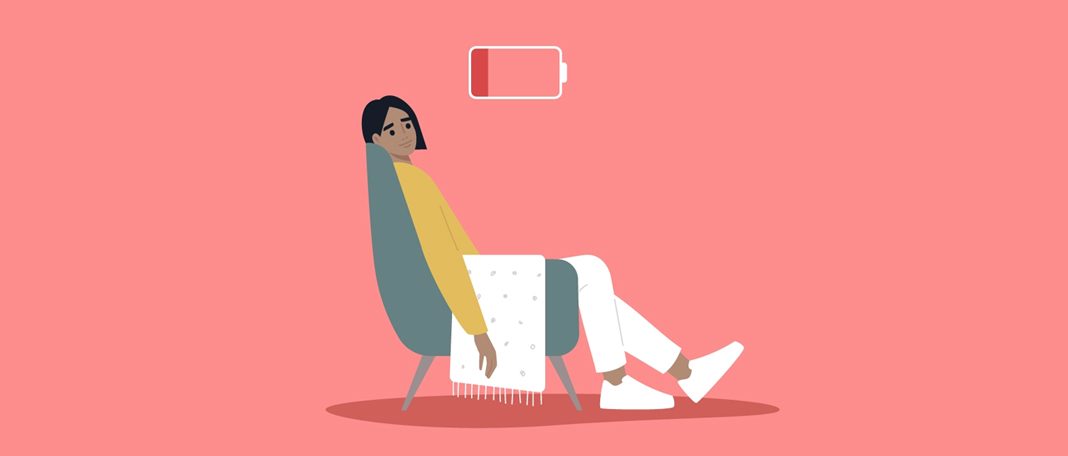Sleep is an important part of our daily routine. Our body requires sound sleep in order to be energetic throughout the day. Let’s know the science behind sleep. The human body has a 24-hour internal clock known as the circadian rhythm, which is associated with sleep. The human brain secretes a hormone called melatonin, which aids in sleeping. Melatonin production can be interrupted by various factors such as night shift work or melatonin imbalance. Lack of sleep can cause various long term illnesses. At least seven hours of sleep on a daily basis is vital to stay healthy. Continue reading to know how does lack of sleep cause chronic disease.
What diseases are caused by lack of sleep?
Below listed are the major sleeping disorders:
Insomnia
Insomnia is a disorder that causes trouble sleeping or staying asleep. This disorder can be caused by various elements such as stress related to work or marital life, lifestyle changes, unhealthy sleeping habits, depression, anxiety, cancer, asthma, alzheimer’s disease, parkinson’s disease, arthritis, fibromyalgia, and intake of certain medications. One of the most prevalent signs of insomnia is having trouble falling asleep at night. Other signs include frequently waking up in the middle of the night, feeling extremely exhausted, having trouble concentrating, and being frequently tired.
Sleep apnea
Sleep apnea is a complicated sleeping disorder where breathing stops for a while and then resumes back. There are three types of sleep apnea: obstructive sleep apnea, a condition where the throat muscles collapse and cause complete or partial blockage in the airways, and is one of the most common types.
The second type is central sleep apnea where the brain forgets to pass the message to breathe because of a problem in the respiratory system. The final type is called complex sleep apnea which is a combination of obstructive sleep apnea and central sleep apnea. The most typical signs of sleep apnea are loud snoring, breathing pauses throughout sleep, morning headache, and a dry mouth after waking up.
How does lack of sleep cause chronic disease?
Lack of sleep can cause chronic diseases that can lead to premature death and illness.
1. Diabetes
Type-2 diabetes can result due to insufficient sleep. Insulin resistance is the underlying cause of this illness. Short sleep durations and irregular sleep patterns can lead to glucose intolerance, which can either develop diabetes or worsen it in those who already have it.
2. Heart disease
Irregular sleep can cause heart-related issues such as high blood pressure, stroke, chest pain, heart attack, and heart failure. Sleep apnea, atherosclerosis, narcolepsy, and insomnia are the major reasons behind the cardiovascular illness.
3. Depression
Depression is a state of feeling low and disappointed. Sleeping issues and depression often go hand in hand. Lack of sleep can lead to depression which in turn can cause sleep deprivation. Insomnia, obstructive sleep apnea, and hypersomnia are the major sleep issues related to depression.
4. Obesity
Insufficient sleep causes an imbalance in the hormones known as leptin and ghrelin which are responsible for hunger. This imbalance causes overeating which results in obesity.
Sleep deprivation: What you need to know
Below listed are some of the frequently asked questions on sleep deprivation.
1. Is 5 hours of sleep enough?
No, the human body normally requires seven to eight hours of sleep to work effectively.
2. What happens to your body when you don’t sleep?
As previously discussed, persistent sleep loss can result in poor sex drive and other chronic disorders.
3. How does sleep affect physical health?
It has an impact on cardiovascular health, hunger, blood pressure, and the immunological system.

















